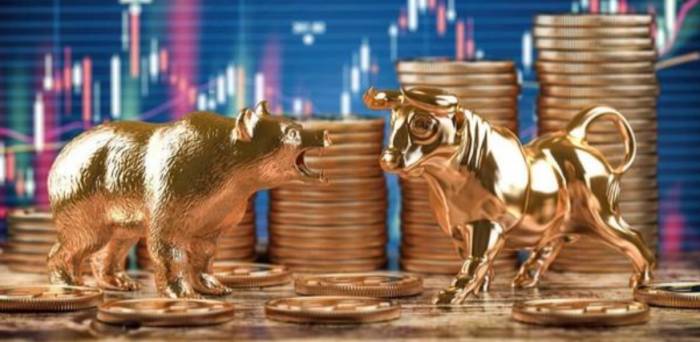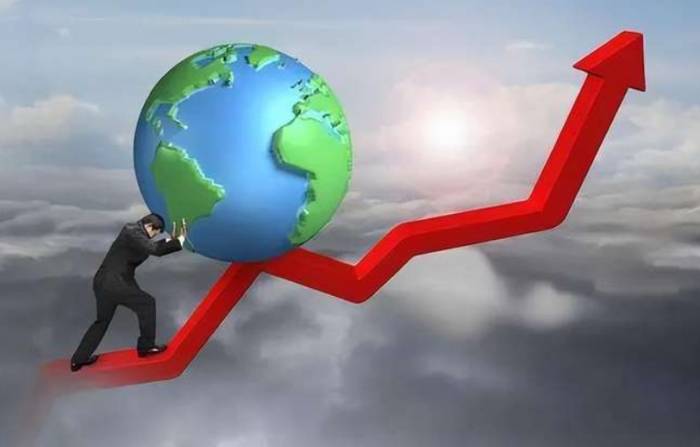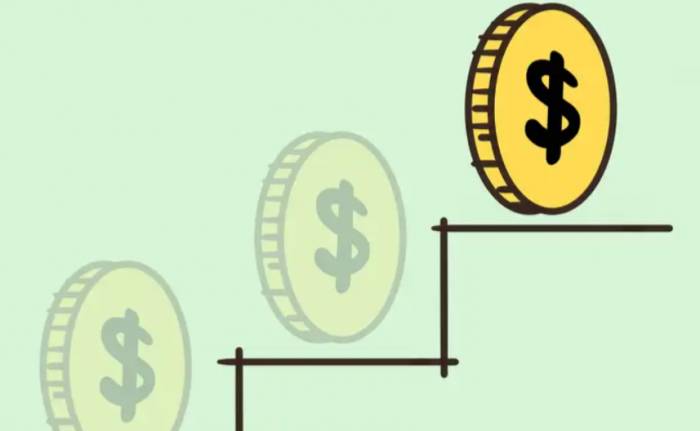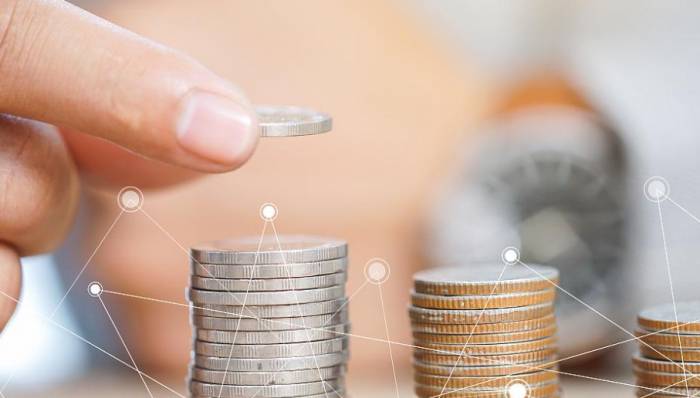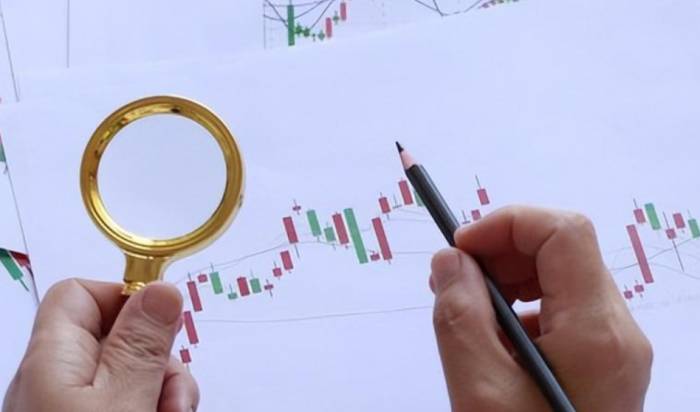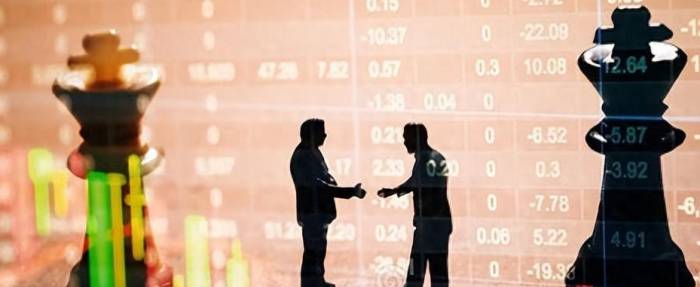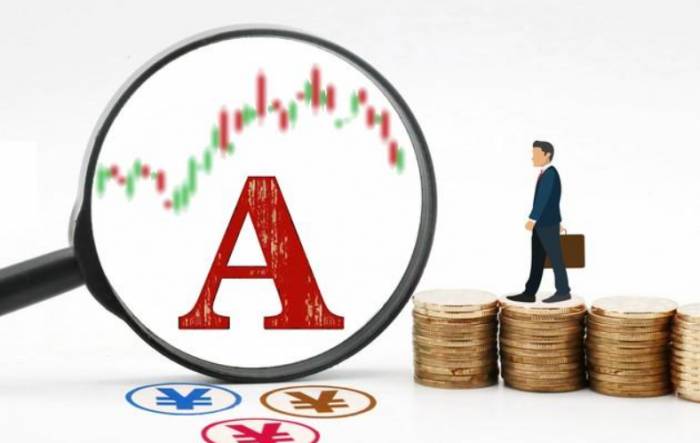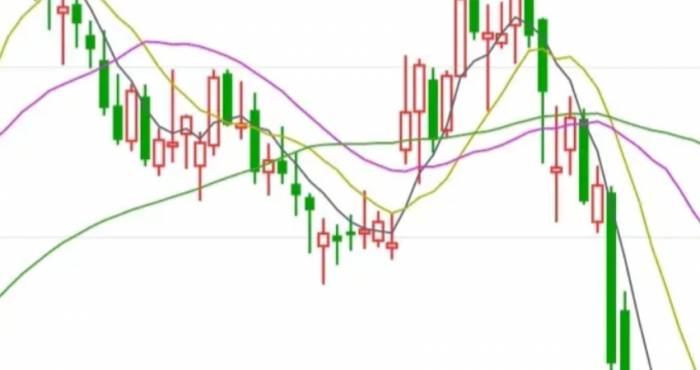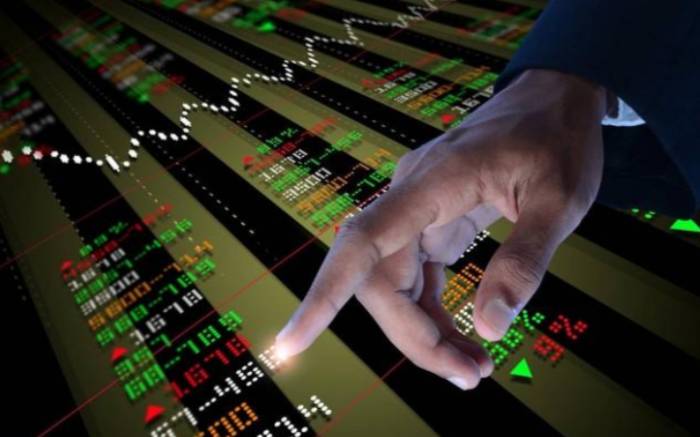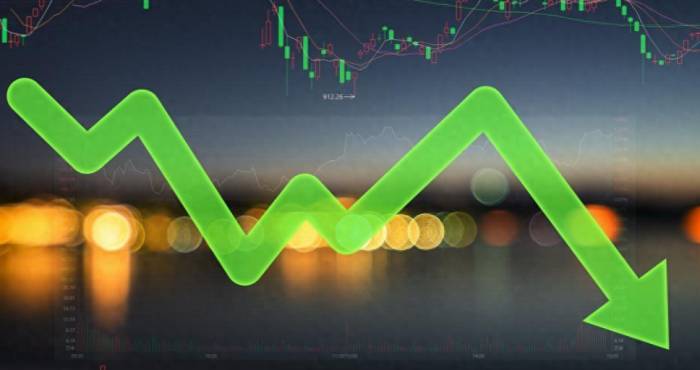I've read a few articles with almost the same title, namely "How Awesome Are the Real Stock Trading Masters, Do You Know?".
Such titles are uplifting, making one think that there might finally be a day when they could be praised, so they must take a good look!
After the splendid opening of chicken soup, it turns out to be a book-selling scam in the end. Disappointing! It's a misleading title party.
I wanted to talk about the core logic of the rise and fall of the stock market.
However, it's not just the stock market, the core logic of the rise and fall of all things in the world is the same.
In fact, it's very simple, although the expressions are different, the essence is the same in the end:
1. "Rarity makes things valuable"
2. "Value for money"
3. "Price always fluctuates around value"
4. "Speed is unbeatable".I'm talking about the pork of a few years ago, the highest price reached over 40 yuan per jin (0.5 kg).
A few years ago, garlic, the highest price was almost 10 yuan per jin (0.5 kg).
And so on, and so forth, for other similar cases.
Why are they so expensive?
You can ask "experts" about terms like "Calculate you ruthlessly," "Pig Strong," "Ginger you army," and they can give you a ten-thousand-word article full of reasons.
In fact, the core point is only one: rarity makes things valuable.
In 2019, African swine fever spread globally, and pigs raised for consumption were massively culled and buried.
However, people can't do without eating pork. With fewer pigs, is there another way besides raising prices?
As for "Garlic you ruthlessly" and "Ginger you army," the reasons are probably the same: less is planted, so the price naturally goes up.
After the prices skyrocket, large-scale planting begins, and then, they become ubiquitous.Back to the stock market, let's talk about the core logic of stock price fluctuations, which are mainly the following two points:
1. Prices fluctuate around value.
What is value? Value is the price-to-earnings ratio and the price-to-book ratio, right?
No matter how much speculation there is, once these two indicators are too high, don't buy them. Except for waiting to die, I have never seen a second choice.
2. Speed is the only unbeatable factor.
What is speed? It is the net profit growth rate. As long as the net profit growth rate is fast enough, the stock can keep rising until this indicator declines.
The net profit growth rate, in simple terms, is the acceleration in physics. Being fast is not impressive; it's being faster that's truly impressive! If you keep accelerating at an increasing rate, theoretically, all speeds can surpass the speed of light.
The accelerated motion of acceleration is very terrifying.
For example, an increase in business income may be useless, only when the speed of your business income increase is getting faster and faster is the most powerful.A company with a capital of 100,000 yuan issues 100,000 shares, each at 1 yuan. In its first year, the company's net profit is 100,000 yuan, and then it grows at a net profit growth rate of 10%. So, the net profit for the second year would be 110,000 yuan, and for the third year, it would be 121,000 yuan.
This is assuming a fixed net profit growth rate of 10%. If the net profit growth rate increases to 10%, 15%, 20%, and 30%, then the net profit for the second year would be 110,000 yuan, for the third year it would be 126,500 yuan, for the fourth year it would be 151,800 yuan, and for the fifth year it would be 197,340 yuan. After four years, the stock price should be 7.85 yuan. You see, it is entirely reasonable for the stock price to be pushed from 1 yuan to 7-8 yuan based on this valuation.
Of course, such companies are very rare.
Those long-term high-performing stocks are basically based on this kind of growth model.
